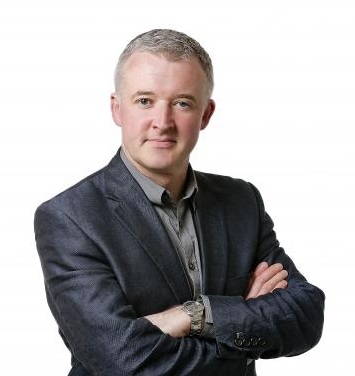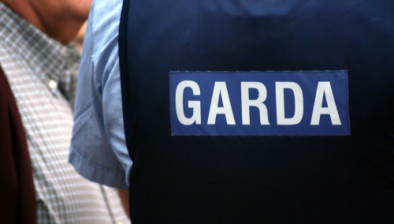Non-profits ‘self-censoring’ due to funding fears, research finds

Liam Herrick
Community and voluntary organisations are self-censoring out of fear of losing State funding, a new report suggests.
Almost two-fifths (37 per cent) of participants in research conducted by the Irish Council for Civil Liberties (ICCL) reported that they have curtailed their advocacy, campaigning or communications efforts due to implicit and explicit restrictions associated with the funding they receive.
This rises to almost half (48 per cent) amongst organisations working in homelessness and addiction, which are particularly likely to be involved in frontline service delivery and therefore to be in receipt of State funding.
ICCL’s report, titled “That’s Not Your Role”: State Funding and Advocacy in the Irish Community, Voluntary and Non-Profit Sector, also examines issues such as civil society’s perception of the effectiveness of the State’s stakeholder engagements for policy formation.
Liam Herrick, ICCL executive director, said: “The research we are publishing today demonstrates a worrying level of self-censorship amongst the community and voluntary sector, based on the risks — perceived or stated — that criticism of the State will negatively impact on an organisation’s funding.
“This is entirely at odds with the principles of public participation, freedom of association and freedom of expression, and the critical role civil society plays in shaping cohesive and well-informed public policy.
“Many organisations are put in the impossible position of having to choose between speaking up on behalf of their members and service users, or keeping quiet to protect their funding to provide often critical services.”
He added: “It is a deeply worrying state of affairs when community and voluntary organisations which are at the coalface of the most significant issues facing the State – and many of which are in precarious funding situations – are afraid to speak out for fear of financial implications.
“The State must move to recognise and protect the essential and legitimate role of civil society to criticise the State and its policies as they see fit, as is done in other jurisdictions such as Northern Ireland.”










